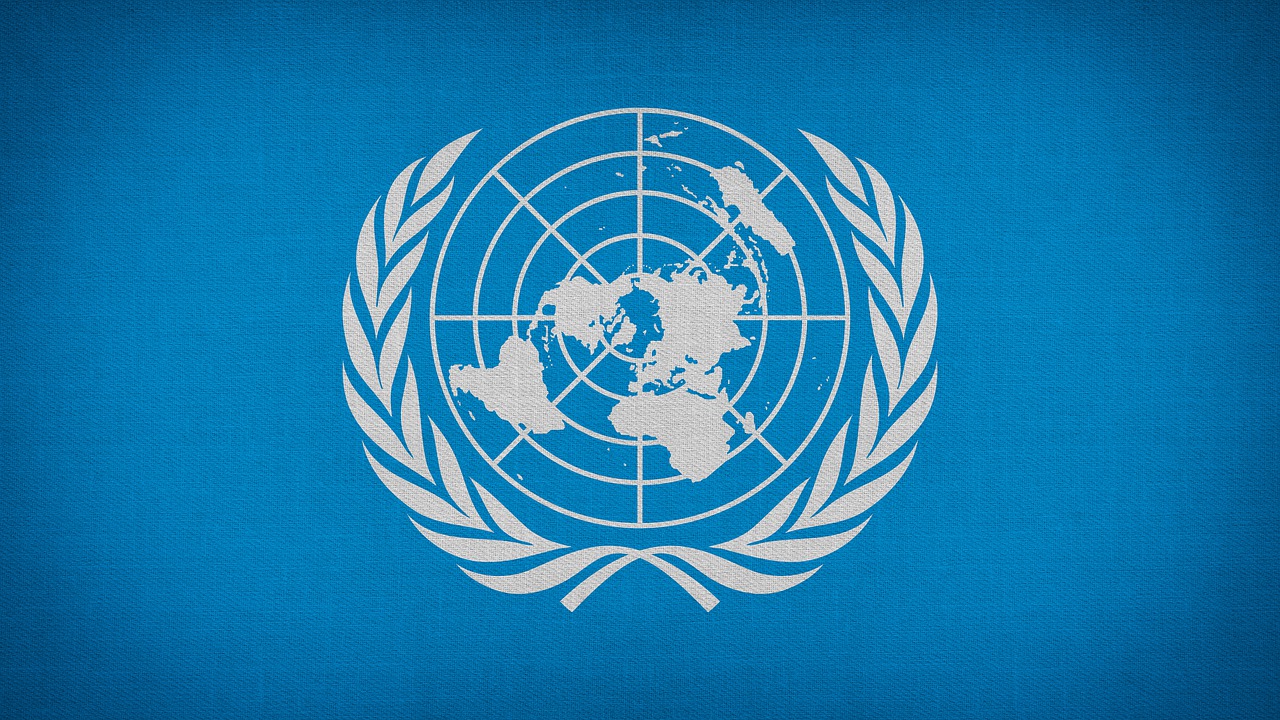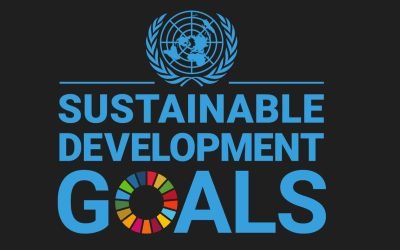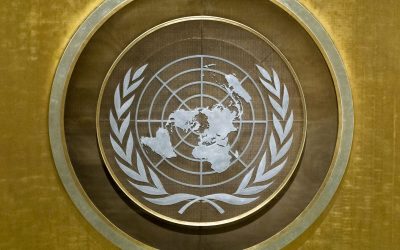The U.N. is based on a contradiction. The U.N. was supposed to be a mechanism for keeping the peace, but it made a big mistake. Although it has a formal Declaration of Rights, virtually any country can be a member of the U.N., meaning dictatorships get an automatic moral sanction by belonging to a “respectable” international body. The biggest dictatorships are members of the Security Council and are allowed to veto any proposals they do not like. Further, the worst human rights violators regularly staff the U. N. Human Rights Council—a major farce.
The U.N. provides no incentive whatsoever for dictators to change their political philosophies. Equally important is the fact that totalitarian dictatorships rarely change from within, even with economic pressures. Dictators have unlimited power to threaten, beat, imprison, or kill dissidents. They can easily manipulate voting. They also control the media. If one dictator is overthrown, other aspiring dictators routinely replace them.
U.N. leaders allow virtually open access to membership because they worry that countries may otherwise end up in a cold war. But in actuality, the United States has been in a cold war since the l950s when Russia stole the secrets to the atomic bomb from us. After that, countries counted on the principle of “mutually assured destruction” to prevent nuclear war. So far it has worked, despite an inevitable arms race, but the danger is now much greater because Iran and North Korea, whose leaders are mentally unhinged and motivated by hysterical hatred for the U.S., now have or are building nuclear missiles.
How, then, do we deal with dictators? To start we have to understand how they “think.”
There is no basis for trust here. The delusion that we can make deals with dictators misses the fundamental nature of the dictator’s operating philosophy. Consider, first, that dictators come into power and retain it by physical force. Even if there are initial elections with some semblance of honesty, real voting cannot last. One-party systems, often with fake voting, are axiomatic. Because a dictator is not chosen by consent, he needs a moral sanction to rationalize his power.
To repeat earlier from Rand (1982, p. 67) “morality is the strongest of all intellectual powers,” and she was right. The dictator needs to believe that his use of force is morally good. This cannot be achieved by reason, only by rationalization based on faith in some irrational philosophy, such as some primitive religion, communism, or “might makes right.” This allows the dictator to feel free of guilt and to eliminate those who disagree with him without compunction. If he comes across as fallible or immoral or weak, his rule can easily collapse. Dictators know that they can use force to eliminate rivals or negative opinions. To rationalize any failures that cannot be hidden, they routinely blame them on foreign powers or agencies such as the CIA.
How frightened are dictators? Observe that Russia and China cannot tolerate even a miniscule amount of dissent. Note China’s silencing of a single critic of their handling of the COVID-19 crisis. (The health worker in question was taken into custody and evidently died.) Or consider forcibly confining a single teenage tennis player for claiming sexual harassment by a party member. China withheld pertinent data from WHO about COVID-19. Note their assault on a single businessman who disagreed with certain economic, not political, policies. He has been allowed to function only if he keeps his mouth shut and follows strict orders. Or consider Russia’s imprisonment, torture, assassinations or assassination attempts, even of lone critics who have no or very few followers.
These actions reveal how philosophically vulnerable, and actually terror-stricken, dictators are. Ironically, the media likes to call dictators “Strong Men,” but this is only true at the physical level. Their rule is based on guns (including secret police) and lies, not persuasion and consent. They fear (not without reason) that even a miniscule amount of criticism and the resulting dissent could mushroom out of control, motivating a subordinate or rival group to seize power. When it comes to confidence in being supported by their citizens through voluntary consent, they are scared rats.
Contrast this with free countries like the U.S. where the President is either disliked or hated today by more than seventy million voters and is criticized daily in the press. Yet, he not only survives due to our Constitution that protects rights, but he also supports freedom of speech in the form of criticisms of him and his policies.
In sum, dictators are philosophically bankrupt, and they know it.
As one presumably anonymous Chinese writer wrote, “[F]or the regime, truth and falsity are beside the point.” Their amoral, pragmatic code is like that of all criminals: the right thing to do is whatever I want and can get away with. Dictators use anti-rights philosophies as delusional, moral shields, e.g., “we allow freedom as long as you do not criticize the state.”
When agreements are made with a dictator, violations are inevitable. Nuclear weapons agreements are not useful at all because any country can easily hide their missiles. One may recall the Iranians always refusing to allow inspectors to examine all sites where nuclear weapons might be designed and built. (The Israelis have kept some control so far by constantly sabotaging Iran’s secret work.)
Dictators will always cheat if they can get away with it and then deny that they are doing it even when they get caught.
It goes without saying that dictators have a logical affinity for one another, a magnetic attraction. Their common bond is hatred and fear of free countries—countries they cannot conquer and whose political values represent a terrifying moral threat. Morally, they support each other’s rationalizations arguing, “It’s right to crush dissent for the good of our country,” and, “Rights are a western prejudice.” They continually support terrorism against the U.S. and its allies.
It should be noted, though, that because dictators are amoral, they will turn on each other in a second if they believe it is to their advantage. Recall the fight to the death between Nazi Germany and Communist Russia.
Note: this analysis of how dictators think is neither right wing, left wing, nor cynical. Rather it takes seriously the philosophy that underlies dictators’ decision-making process. Telling them, “We mean you no harm” is interpreted as, “Great. You are weak. Now let’s see what I can get away with.”




